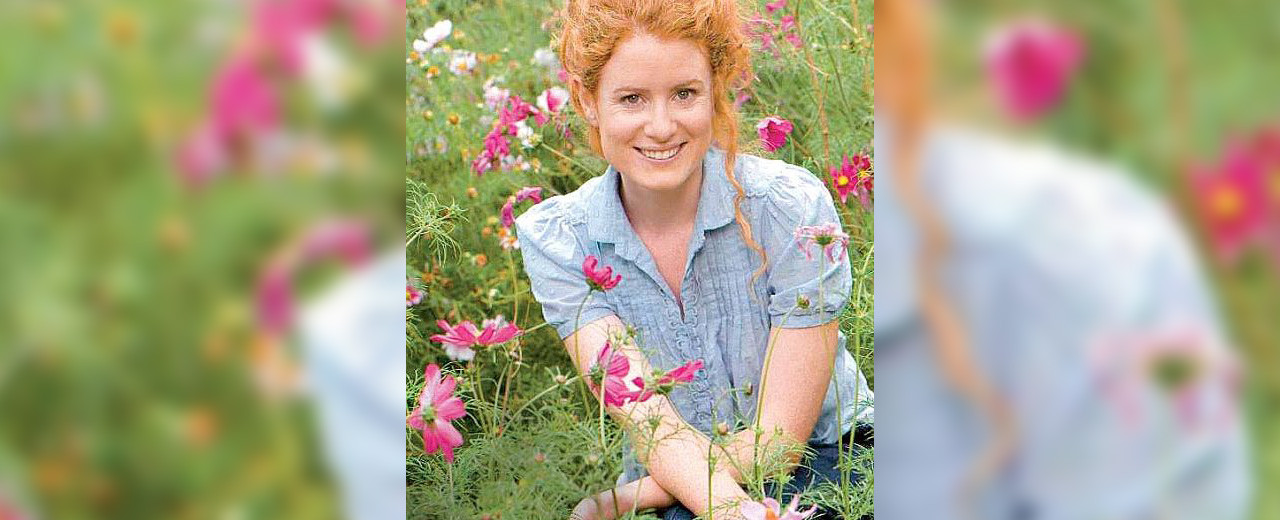Alys Fowler recommended Strulch in her Gardening Column in the Guardian on 29th August - Mulch: Mulch and Mulch Again

Alys said; "After this year's record breaking heat mulching is essential to stop evaporation by locking moisture into the soil -
Worldwide, this June was the hottest month ever. This marked the fourth month of the year to break a global monthly temperature record. If you heat up the globe, that heat tends to get stored in the oceans, and their temperature has gone up in recent years.
Rather than making compasses, we should all be making more compost. My allotment cannot be the only one that is desperately dry, and the answer is not a hosepipe but more organic matter for the soil. It has rained, it will rain again, and locking that moisture into the soil rather than losing it to evaporation.
Far more water is lost to evaporation than to drainage. Mulch, mulch, mulch is your mantra for the rest of the year. Anything that you add now will also build up soil fertility and improve structure, too.
If possible, water (or wait for a good burst of rain) and then mulch. This way you are locking moisture into the soil and preventing yet more evaporation. In dry weather, surface cultivation – such as hoeing – encourages evaporation, and digging exposes moisture deep within the system to more evaporation.
Mulching between rows, once seedlings have germinated, will also help to protect crops from splashback when it rains. It’s important that you don’t load the mulch right up the plant’s stem, as this can cause rotting off, or burn the stem if the mulch is too nutritious. The easiest way to do this is to make a small well around the stem of the plant. If you want to keep weeds down, your mulch must be at least 10cm deep; but for conserving moisture, 5cm or so is adequate.
And what do you mulch with? Homemade compost is perfect; a fertile, free source of organic matter that the worms will incorporate back into the soil. Grass clippings are good, too – a quick boost of nitrogen – and make a dense mat to help keep down weeds. I use them around courgettes, tomatoes, cucumbers, potatoes and pumpkins. Cutting cardboard into mats can also work, but this tends to become a slug magnet, too (or a trap, depending on how you view things).
Otherwise, buy in mulch such as straw, Strulch (mineralised wheat straw) or bark mulches. Bulky wood chippings and bark mulches are good only for paths and around established trees and bushes. Or get hold of free chippings from your local tree surgeon. Once these have rotted down they make an excellent mulch, with a huge water-holding capacity."
